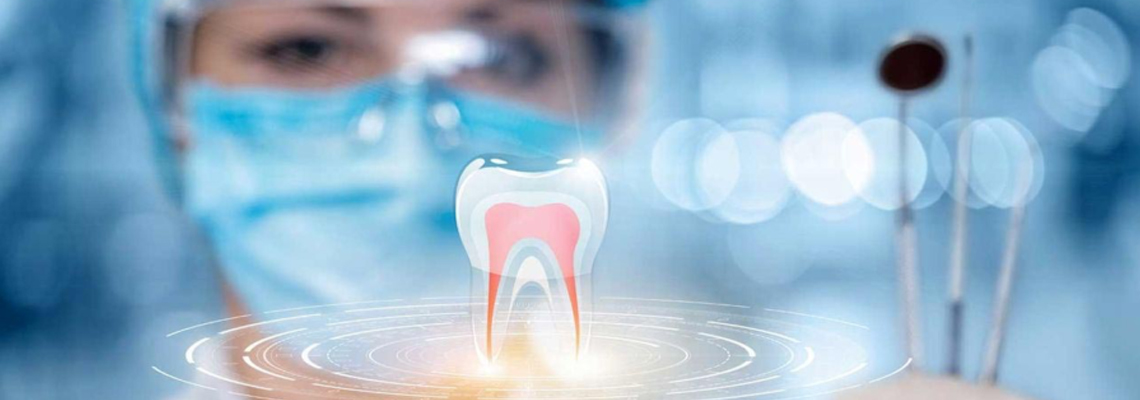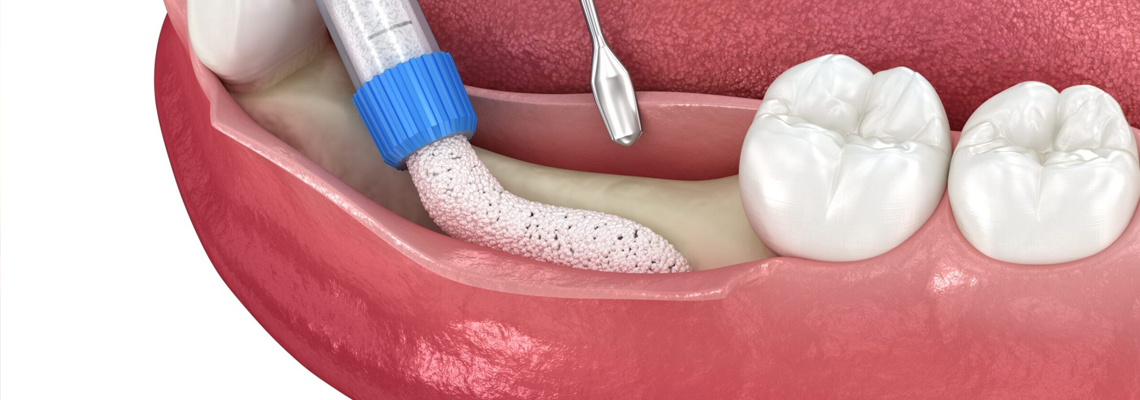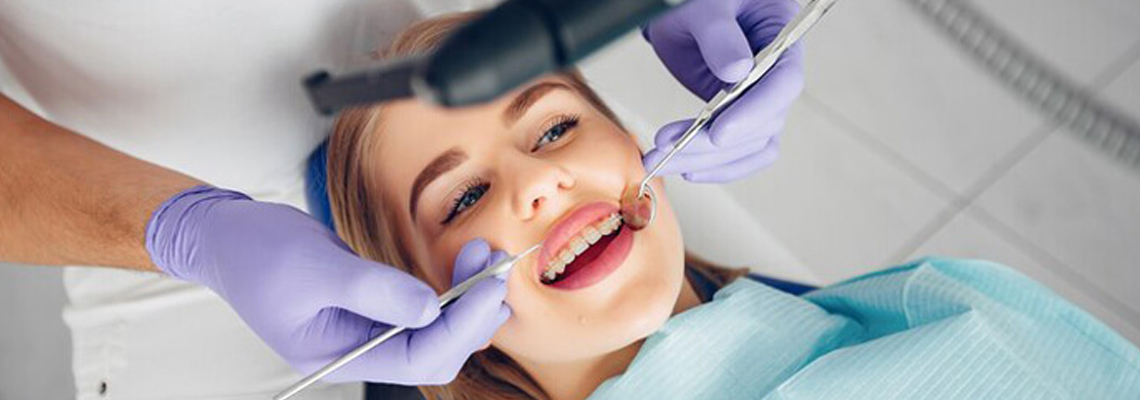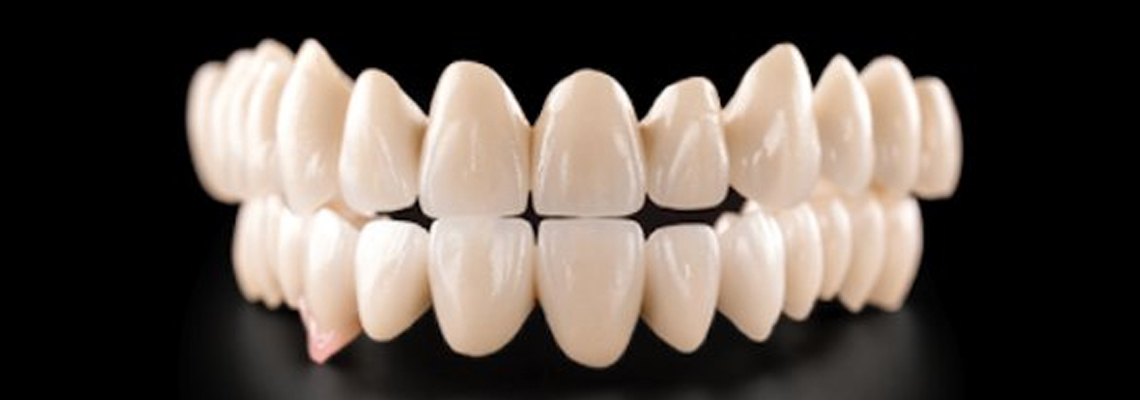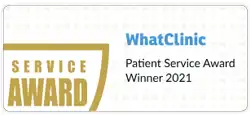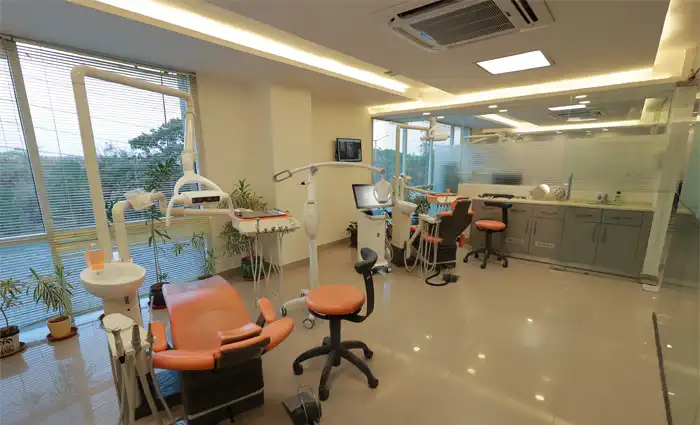The world of dentistry is constantly evolving, with new technologies pushing the boundaries of what is possible in oral health care. One of the most groundbreaking advancements in recent years is nano-dentistry, which utilizes nanotechnology to offer more precise, less invasive, and highly effective treatments. By operating at the scale of atoms and molecules, nano-dentistry represents a paradigm shift in how dental care is delivered, making it a game-changer for both dentists and patients.
What is Nano-Dentistry?
Nano-dentistry refers to the application of nanotechnology – manipulating matter on an atomic or molecular level – within the field of dentistry. Nanoparticles and nanomaterials are used to improve dental procedures, ranging from preventive care to complex restorations. The technology enables the development of stronger, longer-lasting materials and allows for more targeted treatments that minimize discomfort and maximize efficiency.
Nanotechnology is particularly effective in improving dental materials, such as fillings, crowns, and implants. Nanocomposites used in these materials enhance their strength, durability, and aesthetic qualities, allowing them to closely resemble natural teeth. Additionally, nanocoatings on implants offer better resistance to bacterial accumulation, reducing the risk of infections and improving the success rate of implant procedures. This level of innovation is opening up new possibilities in oral health care that were unimaginable just a few decades ago.
Applications of Nanotechnology in Dentistry
The applications of nano-dentistry are diverse and continue to expand as research advances. One of the most notable uses is in the development of nanorobots, which have the potential to perform minimally invasive procedures inside the mouth. These microscopic devices could one day clean teeth, deliver drugs directly to specific areas, and even repair damaged tissues without the need for traditional drills and scalpels.
Nanotechnology also plays a significant role in preventive dentistry. Nanoparticles can be incorporated into toothpaste and mouthwash to target bacteria more effectively, preventing cavities and gum disease. In restorative dentistry, nanomaterials are used to create dental fillings that not only last longer but also bond better to the tooth structure, reducing the risk of future decay.
Another exciting development in nano-dentistry is the use of nanosensors for early detection of oral diseases. These sensors are capable of detecting minute changes in the mouth, such as the early stages of decay or signs of oral cancer, long before they would be noticeable through traditional methods. By catching these issues early, dentists can offer less invasive and more effective treatments, ultimately improving patient outcomes.
Minimally Invasive Procedures for Better Patient Comfort
One of the most significant advantages of nano-dentistry is its ability to offer minimally invasive treatments. Patients often avoid dental visits due to fear of discomfort or invasive procedures, but nanotechnology is changing that. Nanorobots and nanoparticles allow for highly targeted treatments that preserve more of the natural tooth and surrounding tissues. This means less drilling, shorter recovery times, and a more comfortable experience overall.
For example, nanodentistry can be used in tooth restoration procedures to minimize the need for extensive drilling. With nanocomposites that bond seamlessly to tooth structures, dentists can remove less of the natural tooth, preserving its integrity. This level of precision is particularly beneficial for patients who require multiple restorations or those who are prone to dental anxiety.
The Future of Nano-Dentistry
While nano-dentistry is already making waves in the dental industry, its future potential is even more promising. Ongoing research is exploring the development of even more advanced nanorobots capable of performing tasks that were previously unimaginable. These nanorobots could revolutionize how dentists treat decay, oral infections, and even periodontal disease, with minimal disruption to the patient.
As nanotechnology continues to evolve, it is likely that we will see even more applications in dental care, from self-healing dental materials to highly personalized treatments that adapt to the unique needs of each patient. The field of nano-dentistry is not only improving the effectiveness of dental treatments but also enhancing the overall patient experience.
A New Era of Precision and Care
Nano-dentistry is ushering in a new era of precision, comfort, and efficiency in dental care. From stronger, more aesthetically pleasing materials to the development of nanorobots that can perform complex procedures with minimal invasion, this technology is transforming how we approach oral health. As research continues to advance, the impact of nano-dentistry on everyday dental treatments is set to grow, offering patients a more comfortable, effective, and futuristic experience in maintaining their smiles.
Are You Looking For Dental Implants
Click on the links below to learn more about the approximately $50,000 savings option for Dr. Motiwala’s packages.
- Full mouth dental implants & Cost of Treatment
- Smile Makeover & Cost of Treatment
- Watch 100’s of Testimonials from our International Patients
Make An Appointment!
Please contact us if you have dental difficulties or are interested to know about dental implants and how they might improve your smile. Dr. Motiwala Dental Clinic & Implant Center may be reached at +91 99596 14584. You can also Contact Us by clicking the banner below.



